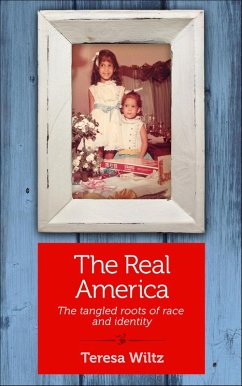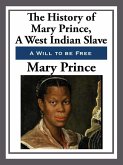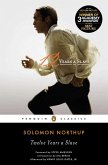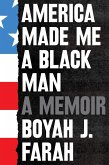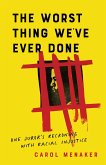Growing up, Teresa Wiltz always knew that she was black. Her parents, the mixed-race descendants of both the enslaved and the enslaversand a stray American Indian or twomade it abundantly clear: we're black. Be proud. And she was proud. Problem was, everyone else was always questioning her about her racial bona fides. She grew up bumping against the either/or boxes, being mistaken for everything from Puerto Rican to Moroccan to Brazilian to Ethiopian to South Asian and getting terribly confused by it all. Looking like a generic ethnic means getting stopped by cops in Havana, Cuba, who see her hanging with other Americans and are convinced she is a jinetera, a local prostitute, up to no good. It means being hassled by the customs official in Islamabad, Pakistan, who assumes she's Pakistani American, or having a West African cabbie insist, "Your mother is white and your father is black!" (Um, nope.) She used to hate it when people asked her, "What are you?" and "What are you mixed with?" or even, "Do you speak English?"but now, she's come to appreciate her family's convoluted racial heritage. Because her family story, with its generations of mixing and miscegenating, is very much an American story. A story of the Real America.
Dieser Download kann aus rechtlichen Gründen nur mit Rechnungsadresse in A, B, BG, CY, CZ, D, DK, EW, E, FIN, F, GR, HR, H, I, LT, L, LR, M, NL, PL, P, R, S, SLO, SK ausgeliefert werden.

